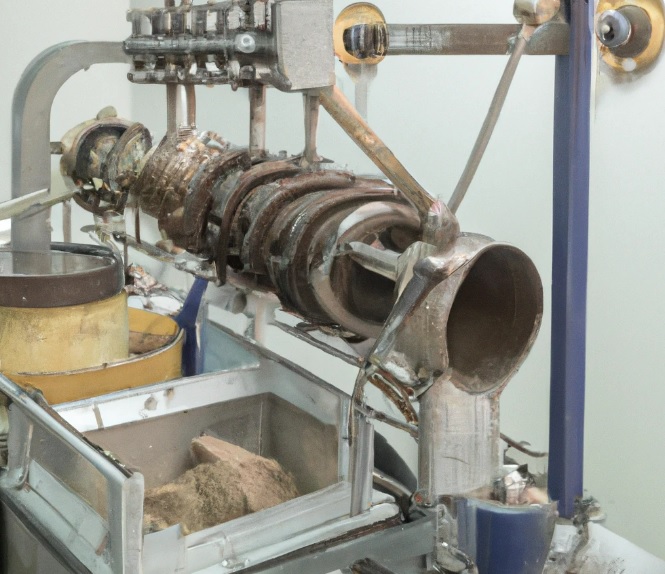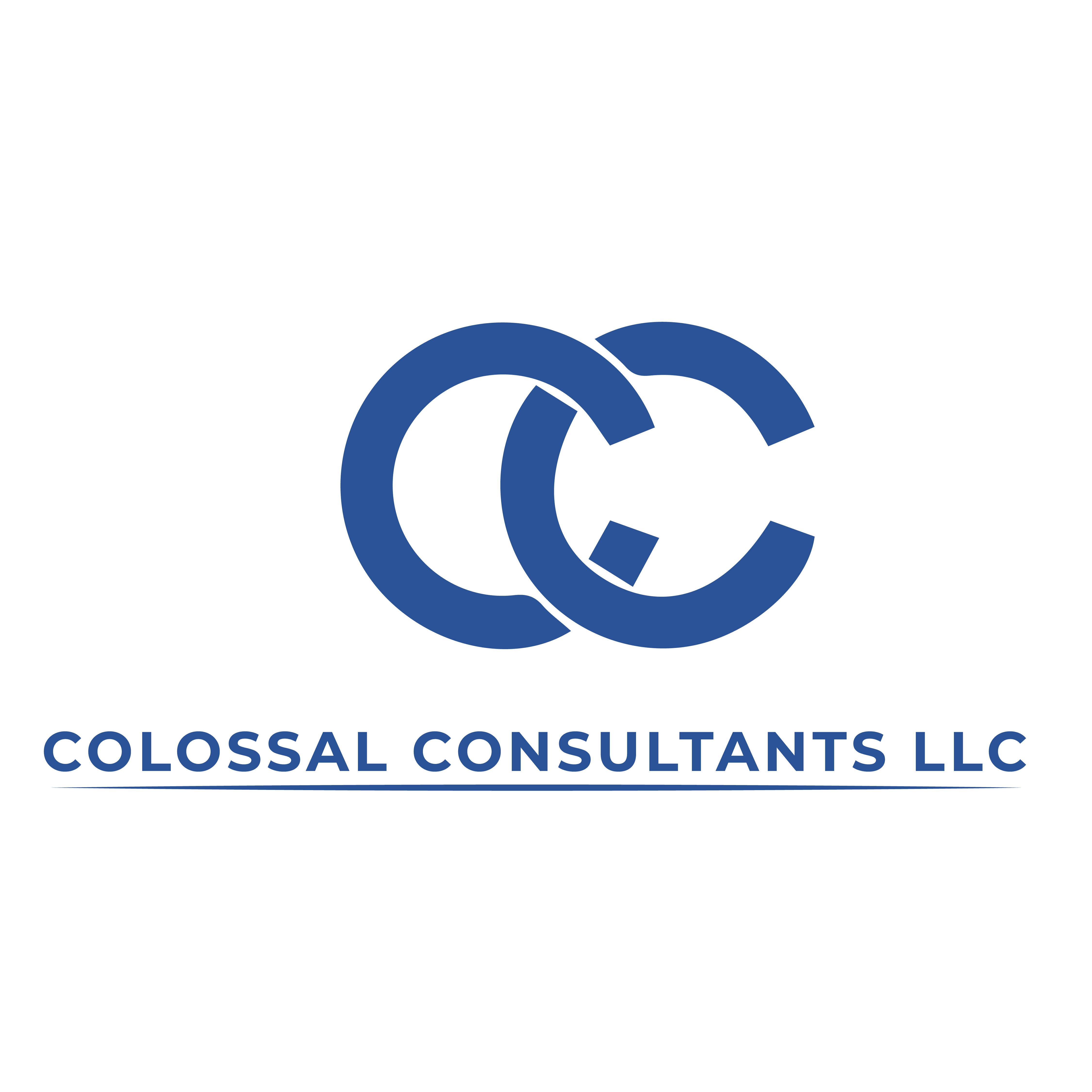Feasibility Studies - Laboratory Setup

A feasibility study report for setting up a third-party independent Material/Metallurgical testing laboratory should include the following contents:
-
Executive Summary: A brief overview of the entire feasibility study, highlighting the main points and conclusions.
-
Introduction: A description of the study's purpose and objectives, the project's scope, and a brief introduction to the Material/Metallurgical testing industry.
-
Market Analysis: An in-depth assessment of the market potential, including:
- Target customer segments and industries served
- Competitor analysis, including their services, strengths, and weaknesses
- Market trends, growth projections, and potential opportunities
-
Technical Feasibility: A detailed analysis of the technical aspects of the laboratory, such as:
- Required testing equipment and instruments
- Space and infrastructure requirements
- Quality and safety standards
- Laboratory accreditation and certification requirements
- Technological advancements and innovations in the industry
-
Operational Feasibility: An examination of the operational aspects, including:
- Staffing requirements, including qualifications, experience, and training
- Laboratory management systems and procedures
- Workflow and process optimization
- Supply chain management for consumables and equipment maintenance
- Risk assessment and mitigation strategies
-
Financial Feasibility: A thorough financial analysis, covering:
- Initial capital investment for equipment, infrastructure, and setup costs
- Operating expenses, including salaries, utilities, consumables, and maintenance
- Projected revenue streams, including pricing strategies and revenue growth potential
- Break-even analysis and profitability projections
- Financial risk assessment and sensitivity analysis
-
Legal and Regulatory Compliance: A review of the legal and regulatory requirements for setting up and operating a material/metallurgical testing laboratory, including:
- Business registration and licensing requirements
- Environmental and safety regulations
- Industry-specific standards and certifications
- Intellectual property protection, if applicable
- Data privacy and security regulations
-
SWOT Analysis: A comprehensive assessment of the project's strengths, weaknesses, opportunities, and threats, taking into account the internal and external factors affecting the success of the laboratory.
-
Implementation Plan: A step-by-step roadmap outlining the tasks, milestones, and timelines for setting up the laboratory, including a risk management plan to address potential obstacles and challenges.
-
Conclusion and Recommendations: A summary of the findings, insights from the feasibility study, and recommendations on whether to proceed with the project or consider alternative options.
By carefully evaluating each of these aspects, the feasibility study report will provide a solid foundation for decision-making and help ensure the successful establishment and operation of a third-party independent Material/Metallurgical testing laboratory.
